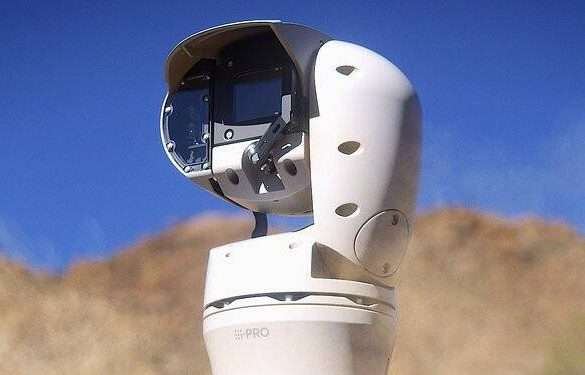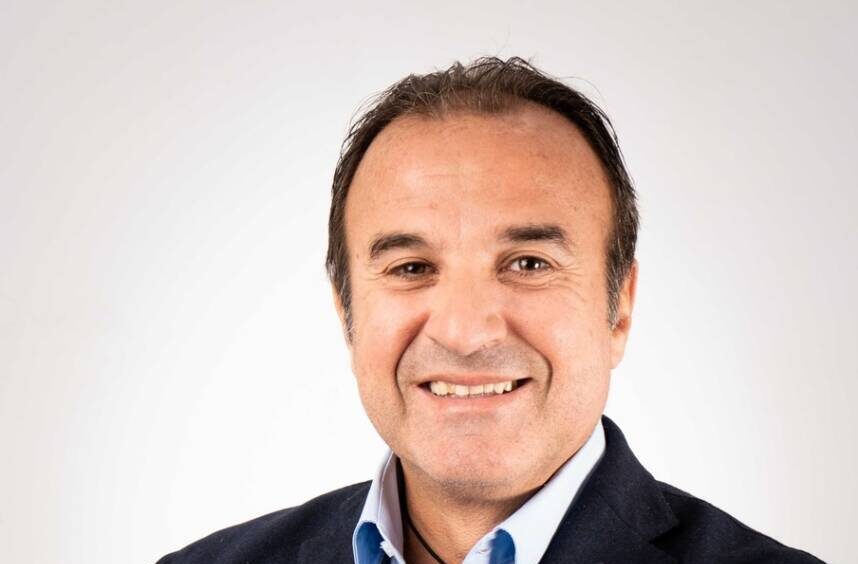
The range of volatile situations that healthcare security officers can face mean they need to be equipped with a range of specific skills. The larger the hospital, the more complex and diverse the kind of situations they face, with those working in inner city hospitals and mental health facilities faced with the biggest challenges.
For the last two years, the National Association for Healthcare Security (NAHS) have worked in partnership with Jim O’Dwyer of AEGIS Skills, the physical intervention and restraint training specialists, to develop a new industry-standard training programme for healthcare security officers.
The AEGIS Healthcare Security Officer Training programme stands as a model of best-practice.

It conforms to the Security Industry Authority (SIA) specification for security guard licence-linked training and, in addition, goes a lot further, preparing healthcare security officers to be able to safely and effectively manage their responsibilities.
The AEGIS ‘Top Up’ course – which is certificated by awarding body Industry Qualifications (IQ) – includes training in additional ‘healthcare-related’ legislation, lockdown procedures, patrolling healthcare sites, dealing with lost and found property, reasons and procedures for searching people, property and vehicles, dealing with prohibited items, procedures for prisoners attending healthcare sites, and dealing with missing persons and patients.
The AEGIS Healthcare Security Officer Training programme also includes modules on significant aspects including ‘Assault Avoidance’ and ‘Physical Intervention and Restraint Skills’ – key areas in which healthcare security officers are relied upon to support NHS staff when behaviours of patients, and sometimes relatives/friends, present a threat to safety.
The mental health charity MIND published a report in June 2013 indicating that 39,883 incidents of physical restraint were recorded during 2011-2012.

“Physically intervening in a situation is a recognised ‘flashpoint’ for violence and experience shows that intervening in an untrained way is more likely to result in an adverse and potentially deadly outcome,” said O’Dwyer. “When physical intervention goes wrong (or doesn’t happen at all) the consequences can be disastrous and even fatal.”
Cases of incorrect physical intervention, or a complete lack thereof, can leave the NHS managers responsible for policy and procedures held legally liable if the worst happens. O’Dwyer claims this emphasises the importance of how suitable training in physical intervention and restraint can be.
“Despite this, many NHS Trusts currently do not ensure that the Security Officers they employ, or contract in, have had suitable training in Physical Intervention and Restraint Skills,” he added.
“At some NHS Trusts, security personnel hired in from security contractors are even subject to a ‘no physical contact with clients’ clause. This quickly undermines staff confidence in the security arrangements and inevitably results in NHS staff not bothering to call for security to attend crisis situations – thereby defeating the purpose of security.
“It also puts management and the health body at significant risk of litigation and prosecution in the event of an adverse incident.”
O’Dwyer said the competencies covered in SIA licence-linked training does not always correspond to the skills needed in certain security roles – including healthcare security officers – and some employers mistakenly interpret an SIA licence as proof of sufficient training for the role. With SIA training for a security guard licence lacking training in physical intervention skills, such misunderstanding can leave NHS managers at risk of adverse outcomes including increased risk of complaints, compensation claims, litigation, prosecution and even prison sentences.
Properly-trained healthcare security officers not only protect NHS staff on a day-to-day basis but help defend hospitals and other healthcare sites against potential major incidents. The presence of professional and trained security officers offers valuable re-assurance to hospitals, staff and patients.
“Whilst CCTV is a very useful ally in the security effort to counter crime and terrorism, it is nowhere near as effective a deterrent as having professional security officers on the ground,” said O’Dwyer. “Healthcare Security Officers play an absolutely crucial role, pro-actively deterring terrorists, thieves and fraudsters, through ‘high visibility’ patrolling and constant vigilance.”
O’Dwyer is confident the AEGIS Healthcare Security Officer Training will be accepted as the standard training requirement for the role.

Peter Finch, Chair of the NAHS, said: “We are delighted to have been involved with the development of this training package. Our security officers are our 24/7 eyes and ears on the ground and it is essential that they are appropriately trained to protect our facilities and staff from terrorism and other crime. This qualification will go some way towards achieving that aim.”
He added: “We remain concerned that standards of physical intervention across the country differ so widely in terms of the quality of training and the techniques used and the alarming lack of accreditation of such training by appropriate bodies. It should also be a matter of concern that a number of NHS Trusts believe that the SIA physical intervention training that their contracted security will have received is sufficient to undertake the restraint of a patient.”
Sallyann Baldry, head of business development at awarding body IQ, agreed that healthcare security is a discipline which “necessitates specialist skills and a high standard of training”.
“By working in a healthcare environment, officers are often brought into contact with vulnerable people and need to be aware of the correct procedures for managing them. As such, IQ are delighted to be bringing this qualification to the market in partnership with AEGIS and hope to play our part in raising standards in this critical area,” she said.




























